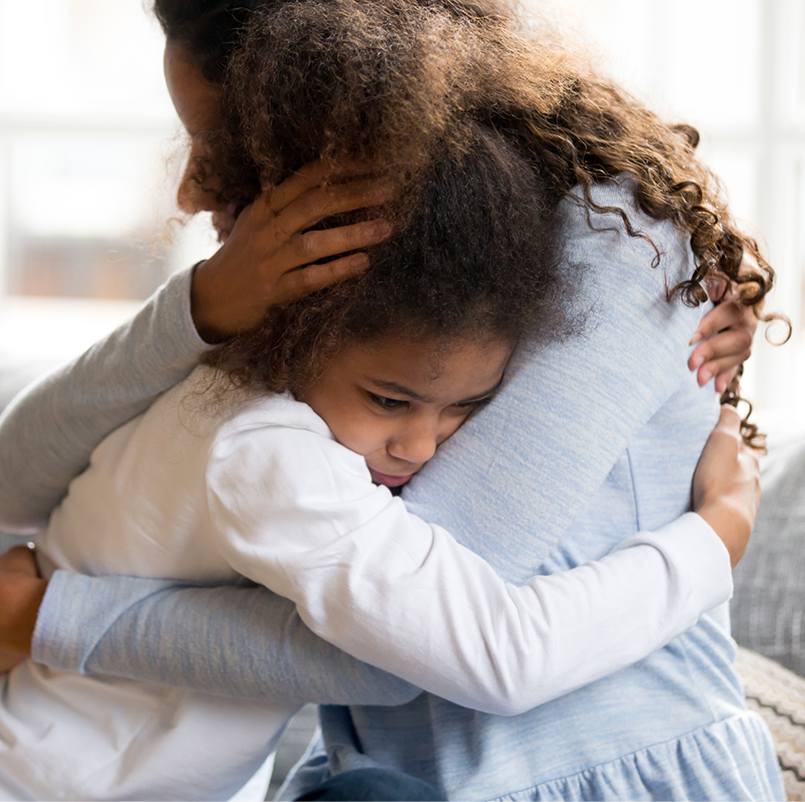While government continuously calls on South Africans to stop the cycle of neglect, abuse, violence and exploitation of children, an even greater focus is placed on protecting these vulnerable members of society during National Child Protection Week.
This year, National Child Protection Week will be commemorated from 30 May to 6 June. The Department of Social Development, in partnership with key government departments, civil society organisations and non-profit organisations that render child protection services, will run a campaign to generate awareness of children’s rights.
Bill of Rights
According to Israel Sekgale, the Social Work Services Manager at Greater Benoni Child Welfare, protecting children from violence, exploitation and abuse is an obligation clearly set out in Section 28 of the Bill of Rights in our Constitution. It states that every child has the right to basic nutrition, shelter, healthcare and social services, as well as the right to be protected from maltreatment, neglect, abuse or degradation.
While children’s rights are also contained in the Children’s Act of 2005 and South Africa has in place progressive policies and programmes to prevent and address violence against children, reducing the high levels of violence against them is one of the country’s major challenges.
The World Health Organisation’s latest statistics show that nearly three out of four children, aged between two and four, regularly suffer physical abuse and/or emotional abuse, and one in five women and one in 13 men report having been sexually abused as a child. 
One of government’s many initiatives to put an end to child abuse is the Gender-based Violence (GBV) Command Centre, a 24-hour facility that addresses a variety of emergencies, such as indecent assault, physical violence, rape and child abandonment.
When Social Development Minister Lindiwe Zulu relaunched the command centre in November, she said it aims to assist the most vulnerable in South Africa, who live each day with the risk of abuse and violence.
“If we do not deal with the issue of GBV house-to-house, street-to-street, community-to-community, we will not be able to take action on the ground,” she said.
What is child abuse?
Sekgale says the signs of child abuse aren’t always obvious.
“A child might not be able to tell anyone what’s happening to them. Sometimes, children don’t even realise that what’s happening to them is abuse.”
There are different types of child abuse and the signs that a child is being abused may depend on the type.
“For example, the signs that a child is being neglected may be different to the signs that a child is being abused sexually,” he adds.
Physical abuse, when a child’s body is hurt, includes hitting, shaking, pushing, choking, punching, painful grabbing and kicking.
Sexual abuse includes sexual acts, the taking or sharing of sexual photos and sexual talk with children.
Neglect is when an adult doesn’t do what is needed to take care of a child, like not providing enough food; and emotional abuse happens when adults judge, threaten, put down, reject and withhold love, making children feel bad about themselves.
Common signs of abuse
Sekgale says some common signs of abuse include:
- Unexplained changes in behaviour or personality.
- Becoming withdrawn.
- Seeming anxious.
- Becoming uncharacteristically aggressive.
- Lacking social skills and having few friends.
- Poor bond or relationship with a parent.
- Knowledge of adult issues, inappropriate for their age.
- Running away or going missing.
“These signs don’t necessarily mean that a child is being abused. There could be other things happening in their life that are affecting their behaviour.
“You may also notice concerning behaviour from adults towards a child, which makes you concerned for the child’s safety and wellbeing. Child Welfare can help you assess the situation,” says Sekgale.
He stresses that parents should always talk to their children about abuse, even if no abuse is suspected.
“This will help children to tell their parents about any abuse they experience. It’s also important for parents to know their child’s normal behaviour, so that they can easily spot a sudden change,” says Sekgale.
Get help:
Any suspicion of child abuse deserves serious attention and fast action.
For help, call the GBV Command Centre at 0800 428 428, send a ‘please call me’ to *120*7867#, add ‘Helpme GBV’ on Skype or SMS ‘help’ to 31531.
You can also contact Child Welfare South Africa at 0861 424 453 or Childline South Africa at 0800 055 555.



 Facebook
Facebook Twitter
Twitter WhatsApp
WhatsApp